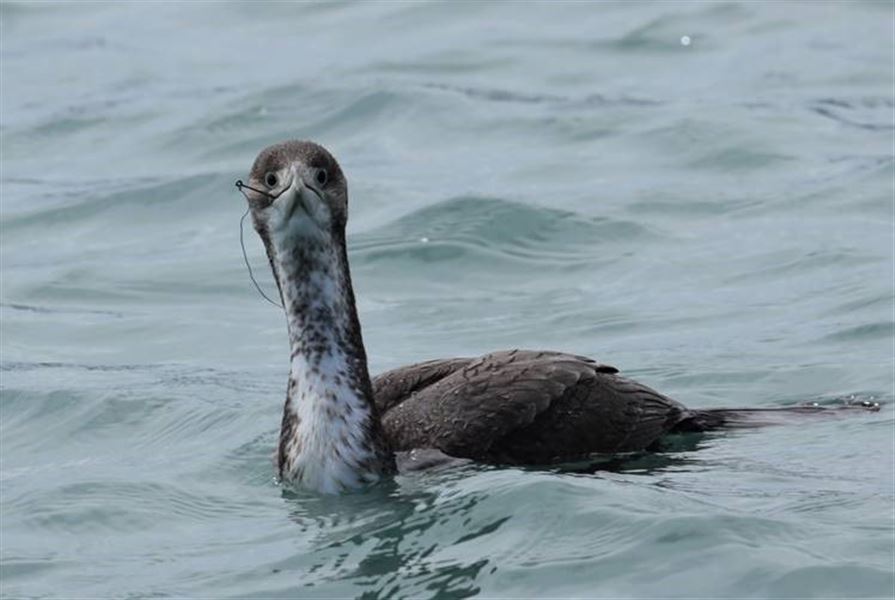Archived content: This media release was accurate on the date of publication.
Date: 01 December 2020
Recreational fishers in the Marlborough Sounds are being encouraged to use a new app to report accidental capture of marine protected species, in a bid to help scientists better understand the impacts of recreational fishing.
The Department of Conservation (DOC) is teaming up with hapū and iwi, fishers, community groups, councils, research and conservation organisations, and Fisheries New Zealand to reduce accidental catch and increase awareness of protected species.
Starting today, DOC is asking marine recreational fishers in the Marlborough Sounds to anonymously report accidental capture or interaction with mammals such as dolphins and seals, seabirds, sharks and other marine protected species.
"A recent survey shows that recreational fishers want to reduce their impacts," says Dr Karen Middlemiss, Marine Science Advisor at DOC.
Fishers in the Sounds are encouraged to download the new 'Protected Species Catch' app, speak to DOC staff at a boat ramp, or dial 0800 REK FISH to report any interactions.
A key element of this work is also increasing national education and awareness about marine protected species and provide resources for fishers to learn how to identify them.
"New Zealanders are lucky to have the ocean on our doorstep that we can use for recreation and to gather kai. It's important that we all play our part in looking after it."
"Recreational fishers are aware their hobby relies on a healthy and thriving marine environment and we want to do all we can to reduce accidental catch of protected species. This project aims to help support wider efforts to reduce the decline of marine protected species and protect biodiversity – helping us to leave a healthy ocean for future generations."
It's hoped the project will lead to a better understanding of the nature and extent of accidental catch – which species are being caught, where, and by what fishing methods.
Every year, around 575,000 recreational fishers harvest nearly 11 million fish and shellfish species in New Zealand waters. However, we currently have very little data on what impact this has on marine protected species, including marine mammals, fish, seabirds, reptiles, and corals.
Building on the work in the Marlborough Sounds, DOC plans to develop a national reporting programme in 2021.
Contact
For media enquiries contact:
Email: media@doc.govt.nz
